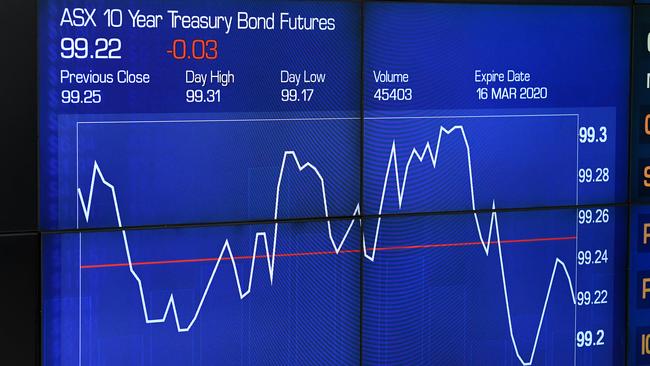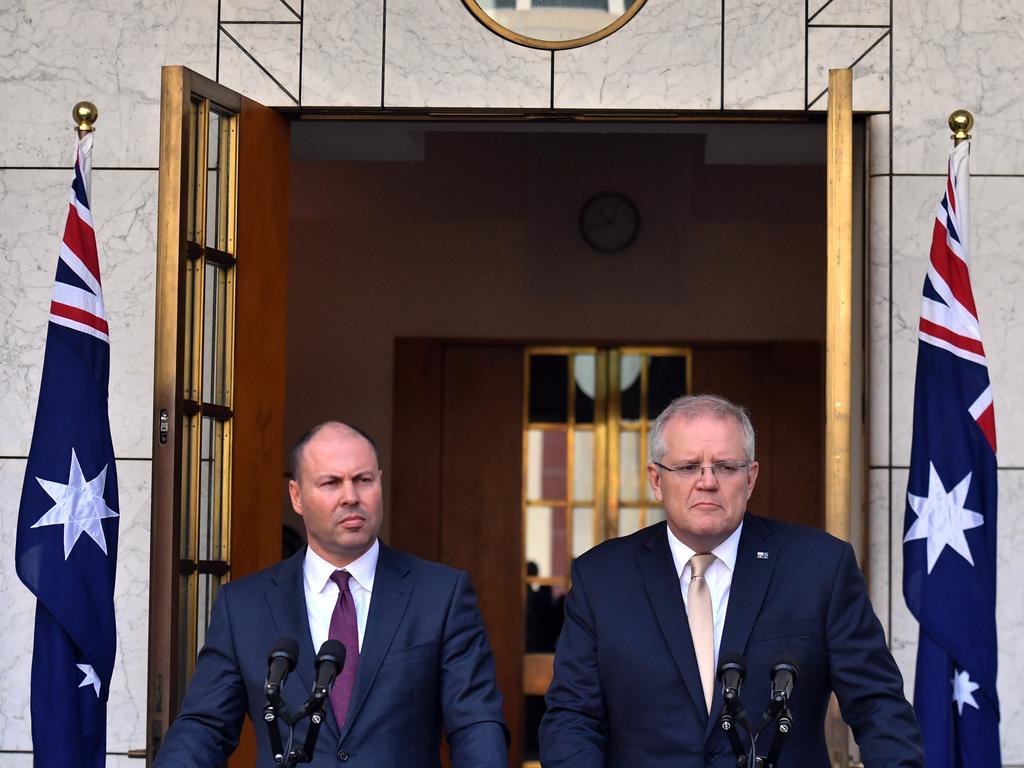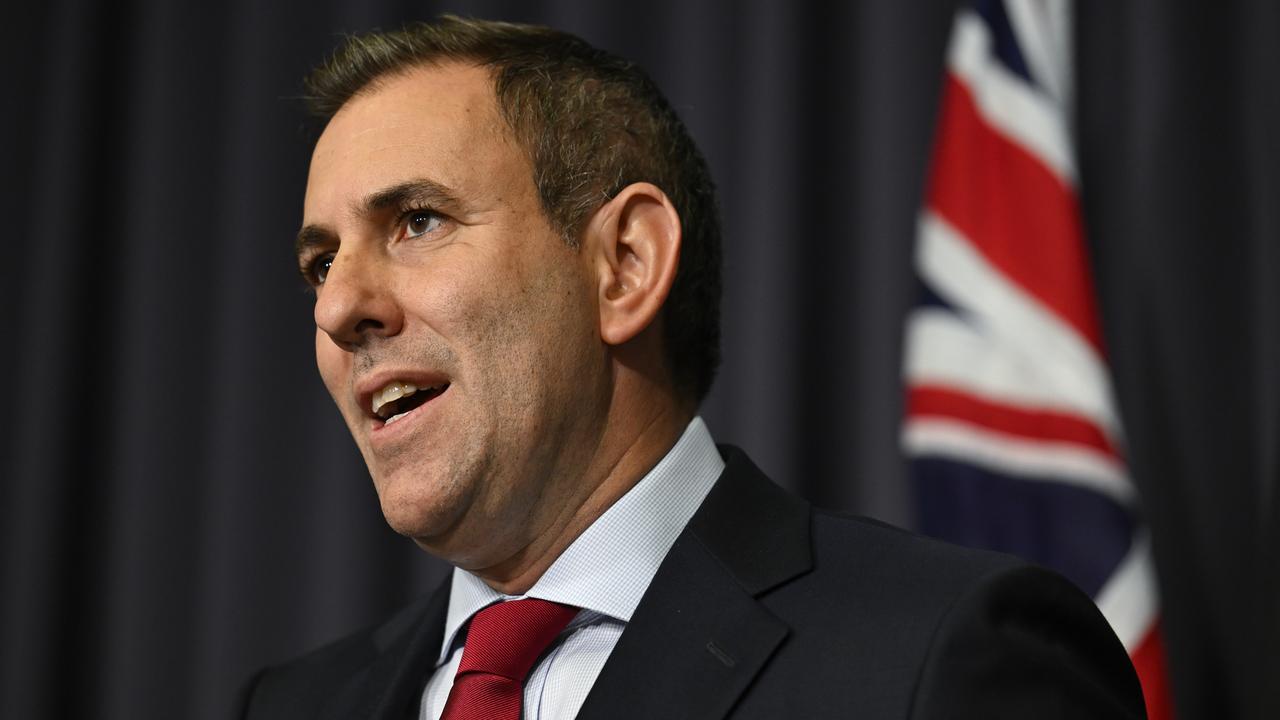Global recession ‘likely’ as coronavirus hits economies, markets, says JPMorgan
JPMorgan analysts are slashing first-half global economic growth forecasts.

A global recession caused by coronavirus is now likely, according to JPMorgan.
The US investment bank has slashed its forecasts for the US and the Euro area to predict two consecutive negative quarters of economic growth in both of these major economies.
While yet to update its economic forecasts for China, JPMorgan economists warn that if China recovers no more than 6 per cent year-on-year in the June quarter, the contractions now incorporated in its US and Western European projections would be sufficient to produce two consecutive negative quarters of global economic growth – defining a recession.
“If our current forecast is realised it seems appropriate to characterise it as a novel-global recession,” says JPMorgan global chief economist, Bruce Kasman.
“A fading of the outbreak should promote a normalisation in activity into mid-year…(but)…two recent developments lead us to now expect a much sharper first half contraction.”
He warns that the breadth of “social distancing” is “increasing at a dramatic pace”, with Italy now in total lockdown, the US and other countries suspending flights from a wide range of nations, and broad range of public events cancelled for the coming weeks.
Secondly, “financial conditions are tightening sharply” as perceptions of credit quality across a wide range of asset classes deteriorates and “market liquidity dries up”.
That has caused credit spreads and market measures of corporate and sovereign default risk to “widened markedly”, according to Mr Kasman.
“Against this backdrop, we continue to slash first half global economic growth forecasts,” he says.
The projection of a “China collapse” in February and March-June recovery remains a key driver of his anticipated minus 1.4 per cent year-on-year global economic growth forecast for the March quarter GDP drop this quarter and a 1.8 per cent rise in the June quarter.
“However, our latest revision now forecasts a meaningful two quarter GDP contraction in both the US (-2 per cent and -3 per cent) and Euro area (-1.8 per cent and -3.3 per cent).
Our EM economists have yet to respond fully to these changes, the evolving news on the virus and the material tightening in EM financial conditions. It is thus reasonable to expect further downward revisions to our first-half global growth.”
While two quarters of negative economic growth is not, by itself, a sufficient condition for recession according to the US National Bureau of Economic Research, which says it must last more than a few months, but JPMorgan does see a first half contraction that is both significant and widespread.
“We believe that our forecast represents an event best characterised as a recession,” Kasman says.
But while the US has not experienced a post-WWII recession in which its unemployment rate did not rise at least 1.9 percentage points from its cyclical trough, J.P. Morgan isn’t currently building in a material shock to US and other economy labour markets.
“Our forecast maintains a US unemployment rate below 4 per cent at the end of this year as the contraction in growth, while sharp, is short-lived and the snap back through normalisation is material,” Mr Kasman says.
“As we resign ourselves to the inevitability of a large and broad-based shock to global growth, the key issue is whether we can avoid a traditional and longer lasting recession event.
The role of policy – in targeting support to needed sectors, in limiting system wide financial market stress, and providing a timely stimulus to cushion the slump in demand -- is essential for promoting this outcome.”
In that regard says it’s “encouraging” to see a broad-based policy response building.
The ECB, Bank of England, Fed and RBA have taken action this week to relieve funding market stress, while the BOE cut rates by 50 basis points and the Fed is expected to cut 100bps next week.
“This encouraging news needs to be tempered however by the ECB’s reluctance to lower rates and President Lagarde’s lack of guidance on how the central bank would respond to what is likely to be a substantial shock to demand and inflation,” he cautions.
“In addition, the European and US fiscal policy look likely to take time before it is delivered.”







To join the conversation, please log in. Don't have an account? Register
Join the conversation, you are commenting as Logout